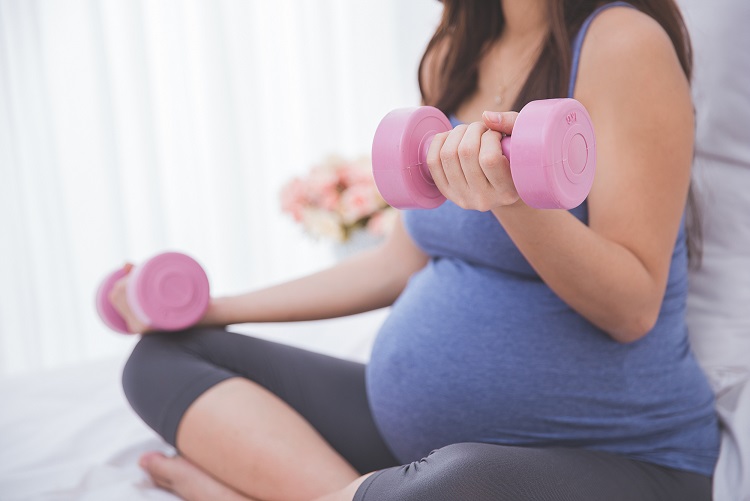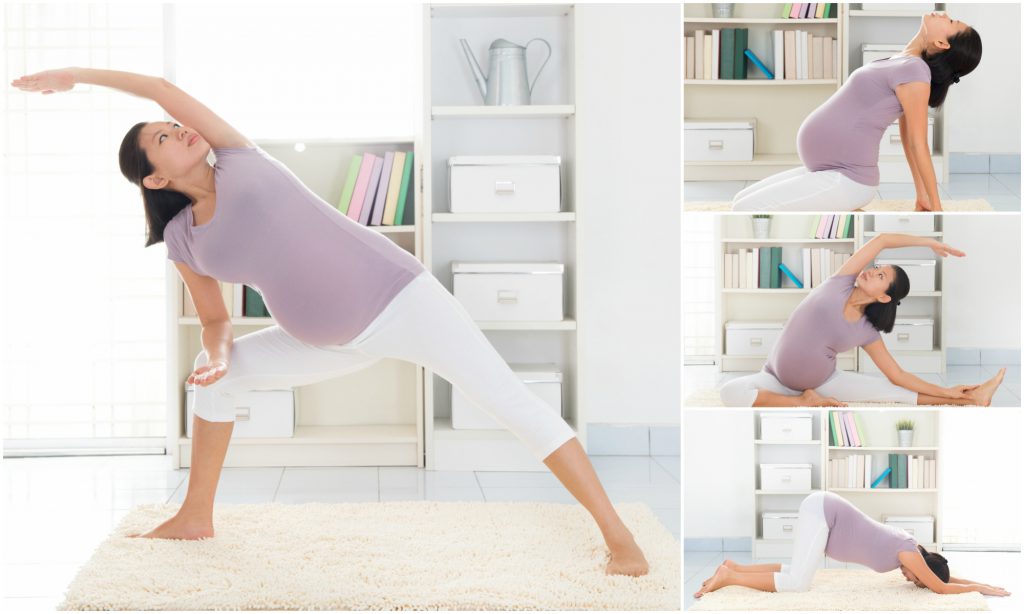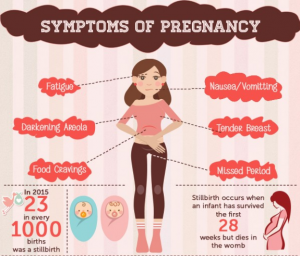Exercise During Pregnancy – Benefits, Recommendations, and Precautions
 The benefits of doing exercises during pregnancy cannot be stressed enough. Pregnancy is a time when the female body goes through a lot of changes. It becomes more delicate, and it becomes important to take special care of it. Maintaining an exercise routine during pregnancy can keep away pain and other discomforts. Women who work out regularly should make some changes in their pregnancy exercises to suit the changing needs of the body, and women who are not used to working out regularly should start with mild exercises and move on to a more specialised workout regime under the guidance of a trainer.
The benefits of doing exercises during pregnancy cannot be stressed enough. Pregnancy is a time when the female body goes through a lot of changes. It becomes more delicate, and it becomes important to take special care of it. Maintaining an exercise routine during pregnancy can keep away pain and other discomforts. Women who work out regularly should make some changes in their pregnancy exercises to suit the changing needs of the body, and women who are not used to working out regularly should start with mild exercises and move on to a more specialised workout regime under the guidance of a trainer.
Benefits of Doing Exercise During Pregnancy
Exercising during pregnancy has multiple benefits. Regular exercise during pregnancy benefits the body and foetus in the below mentioned ways:
● It reduces back pain and fatigue.
● It eases constipation.
● It may decrease the risk of gestational diabetes, preeclampsia, and Caesarean delivery.
● It promotes healthy weight gain during pregnancy, which is something required to support the growing foetus.
● It improves overall general fitness and strengthens the heart and blood vessels.
Pregnant women can begin with basic exercises in early pregnancy. As their capacity to exercise increases, they should get at least 150 minutes of moderate-intensity aerobic activity every week. For example, they can easily do brisk walking or other pregnancy exercises at home.
Recommended Exercises During Pregnancy
With some people give advice to do a decent level of exercise during pregnancy and others advise not to go overboard with it, there’s a lot of confusion regarding which exercises to do during pregnancy. To clear things out, here’s a list of exercises that are considered to be the safest to do in this period:
● Walking: Brisk walking involves a total body workout and is easy on joints and muscles. Being a simple task that does not require any new learning, walking is considered the best exercise to do during pregnancy.
● Swimming: Water workouts use many of the body’s muscles. The water supports the weight and helps in avoiding injury and muscle strain. Swimming is hence a great way to stay fit.
● Stationary bicycling: Cycling on a stationary bike is considered one of the good pregnancy exercises. It is a better choice than standard cycling as in standard cycling, the growing belly can affect the balance and make the pregnant woman more prone to falling.
● Yoga: Yoga reduces stress, improves flexibility, and encourages stretching and focused breathing, making it good for both body and mind.
Exercises to avoid during pregnancy:
Women should be careful not to overexert themselves while exercising. They should avoid high-impact and high-intensity workouts. Exercises that increase the risk of injury should be avoided. Some exercises to avoid during pregnancy are:
● Contact sports e.g. boxing, footfall, basketball, kickboxing, etc. Such exercises are high-intensity and could be risky.
● Activities that may result in a fall e.g. surfing, cycling, gymnastics, horseback riding, etc. should be completely eliminated from the list of pregnancy exercises.
● Exercises with repetitive high impact or with lots of twists and turns
● Skydiving, scuba diving, etc. and other adventure activities
Precautions to Take While Exercising During Pregnancy
While regular exercise is good for pregnant women, there are certain tips and precautions they should keep in mind during exercising for maximum benefits and to avoid any risks. Some of them are:
● Drink plenty of water and other fluids.
● Avoid any strenuous exercise in hot or humid weather
● Always warm up before exercising and cooling down afterwards
● Avoid standing still or lying flat on the back for long periods
In which cases is exercising during pregnancy unsafe?
Women having the following conditions or pregnancy complications should not exercise during pregnancy:
● Certain types of heart and lung diseases
● Cervical insufficiency or cerclage
● Being pregnant with twins or triplets (or more)
● Placenta previa after 26 weeks of pregnancy
● Preterm labor
● Preeclampsia or pregnancy-induced high blood pressure
● Severe anaemia
Exercising during pregnancy is a good practice that can help keep the body fit and mind happy. Therefore, it is highly recommended for pregnant women to exercise regularly for a healthy childbirth. Along with that, they should make sure to follow a healthy diet, go for regular check-ups, and get regular pregnancy-related tests to ensure proper functioning of the body during all trimesters.














